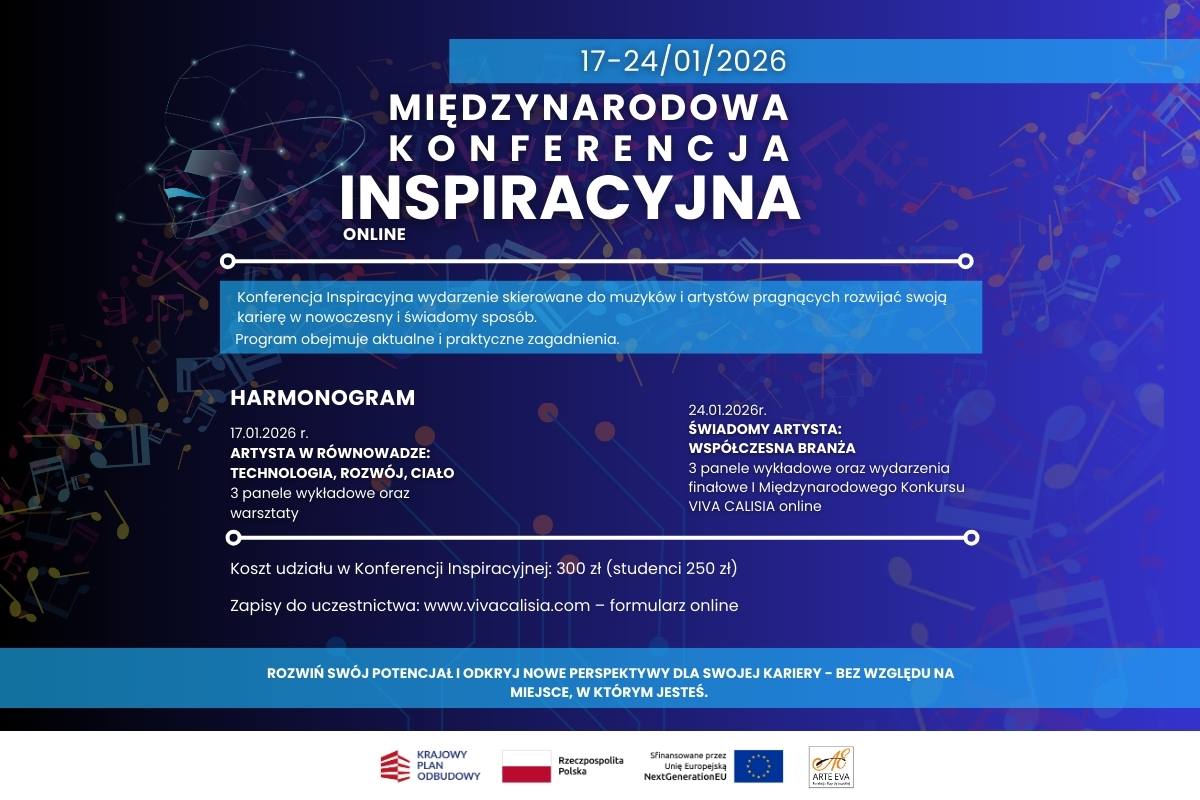 Tchaikovsky’s “Sleeping Beauty” in Polish cinemas in view of cultural sanctions against Russia
Tchaikovsky’s “Sleeping Beauty” in Polish cinemas in view of cultural sanctions against Russia
The controversy surrounding the cultural boycott of Russian artists in Poland continues. Some believe that time has not yet come to promote Russian culture and support maintaining the embargo against Russian artists until the end of the war in Ukraine. Others believe Russian classical heritage should not cancelled.
It seems Ferment Kolektiv (distributor of musical, opera and ballet performances operating under the name Kino Maestro) has just reached a “sanction compromise”. One of the company’s directors Bartłomiej Majchrzak posted on Facebook: Following Russia’s invasion of Ukraine, Kino Maestro has decided to present only long-dead Russian composers. The exception is Prokofiev, whom we will not show. He was a Stalin sympathizer and author of the anti-Ukrainian opera “Semyon Kotko”. We do not distribute performances with living Russian singers and dancers, either. Such solution seems fair to us.
After the outbreak of the war in Ukraine (2022), the then Polish Minister of Culture and National Heritage Piotr Gliński, following in the footsteps of his Ukrainian counterpart Oleksandr Tkachenko, called for a boycott of Russian culture. Many Polish theaters, including the Polish National Opera, have removed titles with music by Russian composers from their repertory (including “The Nutcracker” or the opera “Boris Godunov”). Opera and ballet theaters in Europe seem to be less restrictive. Director of La Monnaie in Brussels Peter de Caluwe has clearly stated that Russian repertoire should not be banned as history cannot be erased.
On March 15, selected movie theatres throughout Poland will show Tchaikovsky’s “Sleeping Beauty” with new choreography by Christian Spuck. It will be performed by Ballet Zürich.




